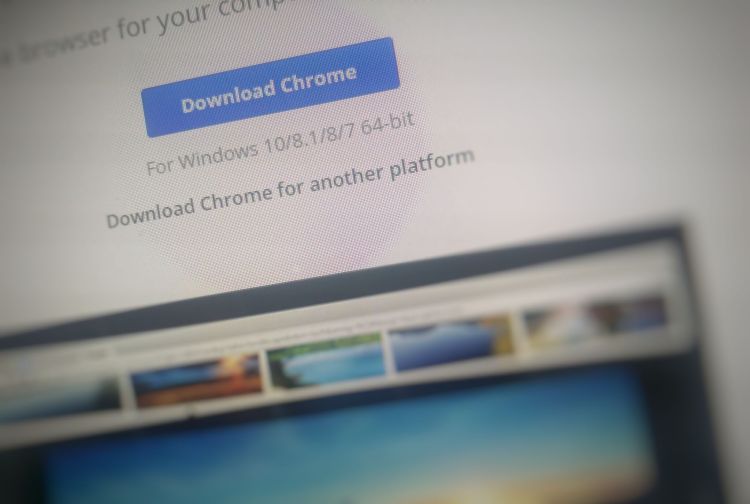Google has revealed that more than half of all pages loaded on the Chrome desktop app now load over HTTPS, which accounts for more than two-thirds of all browsing time spent by these users.
Since 2015, the internet giant has been tracking the prevalence of HTTPS connections via Chrome users who opt to share their usage data, which has been included in its transparency report. The results show that on the Chrome browser — across Windows, Chrome OS, Linux, and Mac — HTTPS now rules the roost, though on mobile it still lags a little. Using only Android as a gauge, that has increased, however, from around 30 percent of all loaded pages in April 2015 to more than 40 percent today.

For the uninitiated, HTTPS (the “S” stands for “security”) is a communications protocol that was traditionally used by security-conscious bodies such as banks, with the added encryption throwing an extra layer of security atop the traditional HTTP protocol. It basically serves to authenticate a website to ensure the privacy of data exchanged between the user and the server. Other companies have increasingly adopted HTTPS, from Twitter, which switched it on by default in 2012, to Wikipedia and Microsoft’s Bing, which both enabled it by default last year.
“As the remainder of the web transitions to HTTPS, we’ll continue working to ensure that migrating to HTTPS is a no-brainer, providing business benefit beyond increased security,” Google explained, in a blog post.
HTTPS currently enables the best performance the web offers and powerful features that benefit site conversions, including both new features such as service workers for offline support and web push notifications, and existing features such as credit card autofill and the HTML5 geolocation API that are too powerful to be used over non-secure HTTP.
Today’s news comes less than a year after Google announced it would index HTTPS pages by default when an HTTP equivalent exists. And a few months back, Google revealed it will now automatically reroute HTTP web requests made via Google.com through its more secure HTTPS counterpart.
VentureBeat's mission is to be a digital town square for technical decision-makers to gain knowledge about transformative enterprise technology and transact. Learn More

